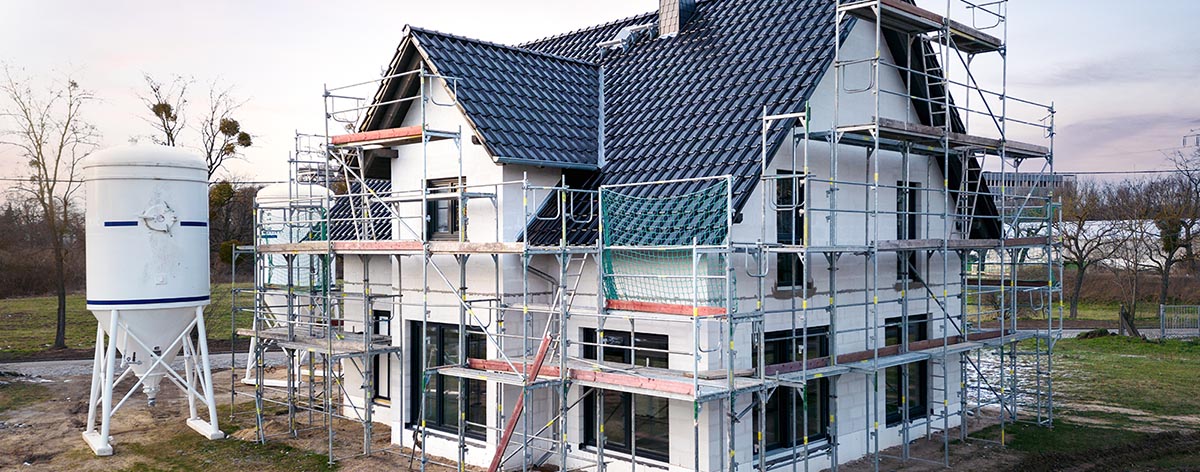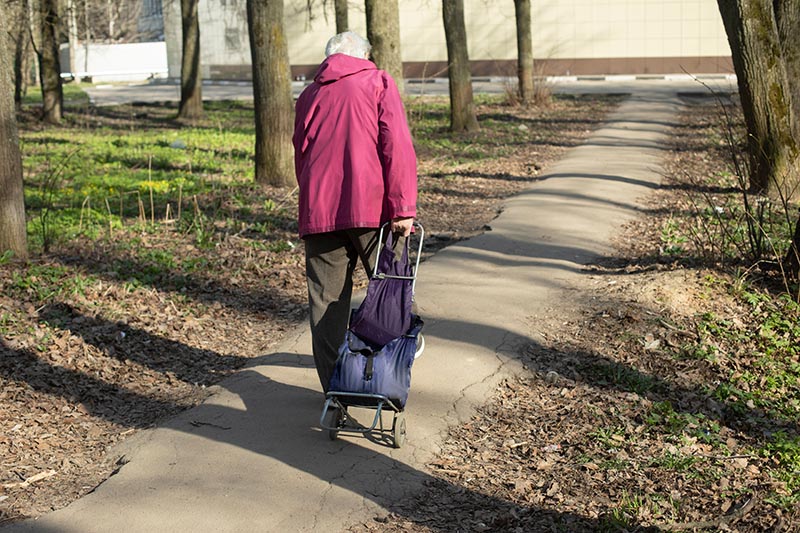Our mobility, the way we get around, is being redesigned: The use of AI-supported tools and data analysis enables the optimized use and networking of different modes of transport. New technologies will subsequently lead to savings, greater sustainability and a higher quality of life. This should be made possible by improved mobility services, shorter travel times and access to reliable traffic information.
However, mobility not only connects us humans, but also economic sectors. Traffic data and its analysis improve mobility strategies in logistics and simplify navigation through the various transportation networks. If the measures develop their full potential, the European Commission expects macroeconomic savings of up to 730 million euros or 27 million working hours. But there is still a long way to go: according to the results of a study by EIT Urban Mobility, the transition to sustainable urban mobility in Europe is expected to require 86 billion euros by 2030.
Data analysis and artificial intelligence play a decisive role here. However, many of these innovations often come up against non-digitalized areas and authorities, which makes it difficult to introduce and integrate these technologies.
Lean processes accelerate mobility
Digital technologies use artificial intelligence to optimize the flow of traffic in cities. By avoiding busy traffic routes, for example, we avoid traffic jams and increase safety. Central platforms and apps give us access to various networked transportation options – such as car sharing, ride sharing, e-scooters and public transport. We can choose the most attractive option for us at the moment from a wide range of possibilities.
With digital & AI solutions in the logistics sector, companies are streamlining supply chain and transportation processes in administration, planning and execution. This acceleration is made possible by the collaboration and networking of systems, technologies and people. This will make the logistics sector more efficient and transparent. GPS and RFID enable shipments to be tracked precisely so that companies and customers always know where their goods are and what condition they are in. In addition, data is analyzed to predict demand and thus avoid bottlenecks or oversupply, optimize routes and identify potential problems in advance. This helps logistics companies to prepare for unexpected situations and reduce costs.

Challenging: digitalization in the public sector
The digitization process is also being driven forward in public administration. This makes authorities faster and more efficient and reduces waiting times and travel distances. In addition, citizens have easier access to their own data and can check it online at any time.
In Austria, online registration of the main residence is already established and can be done conveniently from home. The expansion of this service to include the registration of secondary residences is imminent and represents a further step towards improving digital services in Austria. However, the use of this service requires a cell phone signature or ID Austria, the age of majority, Austrian citizenship and a current main residence in Austria.
Although digitalization sounds promising, authorities are encountering hurdles: Digitalization means networking across borders. It means breaking down mental, technical and bureaucratic silos – right from the planning stage. In other words, in order for digital solutions to be introduced, various interest groups – including governments, the relevant authorities, technology companies and citizens – must work together. The consent and active participation of citizens is therefore of central importance. Added to this is the challenging task of adapting to laws and regulations. One example: 50 (!) laws had to be adapted for the digitalization of driver’s licenses.
Added to this are the challenges in the area of data security and data protection: with the increase in digital processes and the networking of devices and systems, the risk of data breaches and cyber attacks is rising. It is therefore important to protect the data stored in intelligent systems from unauthorized access and to establish clear data protection guidelines and procedures, with people’s privacy being a top priority. And, of course, digitalization also represents a financial burden: Digital technologies require considerable investment in hardware, software, operation and maintenance as well as training.
Development of new jobs: world changers wanted
The digitalization of mobility and logistics is unstoppable – and it will have a significant impact on the future of cities and regions and our way of life. It also leads to the creation of new professional fields and exciting interdisciplinary jobs. In the future, it will be essential to develop interdisciplinary networked systems. The jobs of the future belong to these interdisciplinary world changers who network specialist fields.
At the same time, however, we must not forget that not all regions and population groups have the same access to digital services and technologies. Older people in particular often face particular challenges when it comes to fully digitized systems. Therefore, the option of handling processes in physical form should at least be available in a transitional arrangement.
An example from Rwanda: a one-stop-shop online system enables all official channels – from passport renewal to company registration. Support services, i.e. helpers who support less digital citizens in these ways, are also established throughout the country.
More information can be found here:
Study “Costs and Benefits of the Urban Mobility Transition in Europe”
Study “Unlocking the future of mobility with European data spaces “











